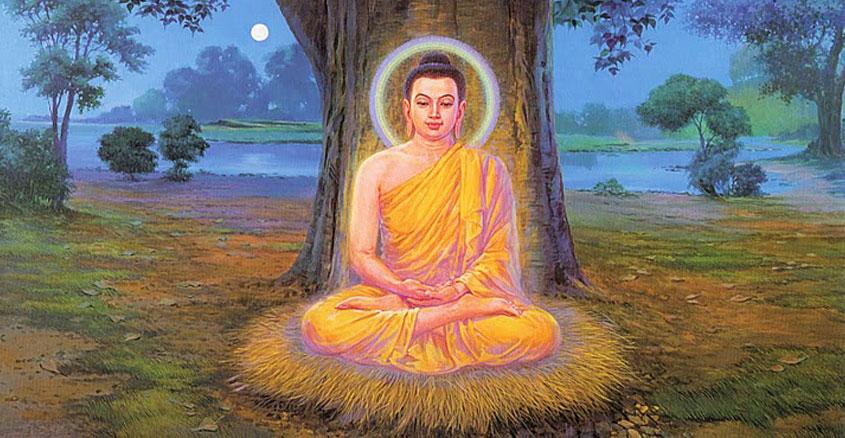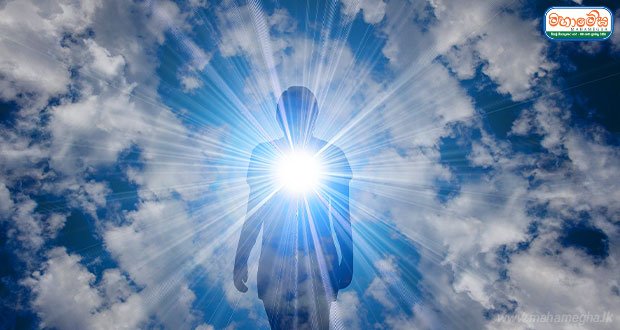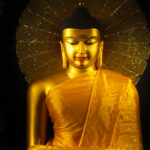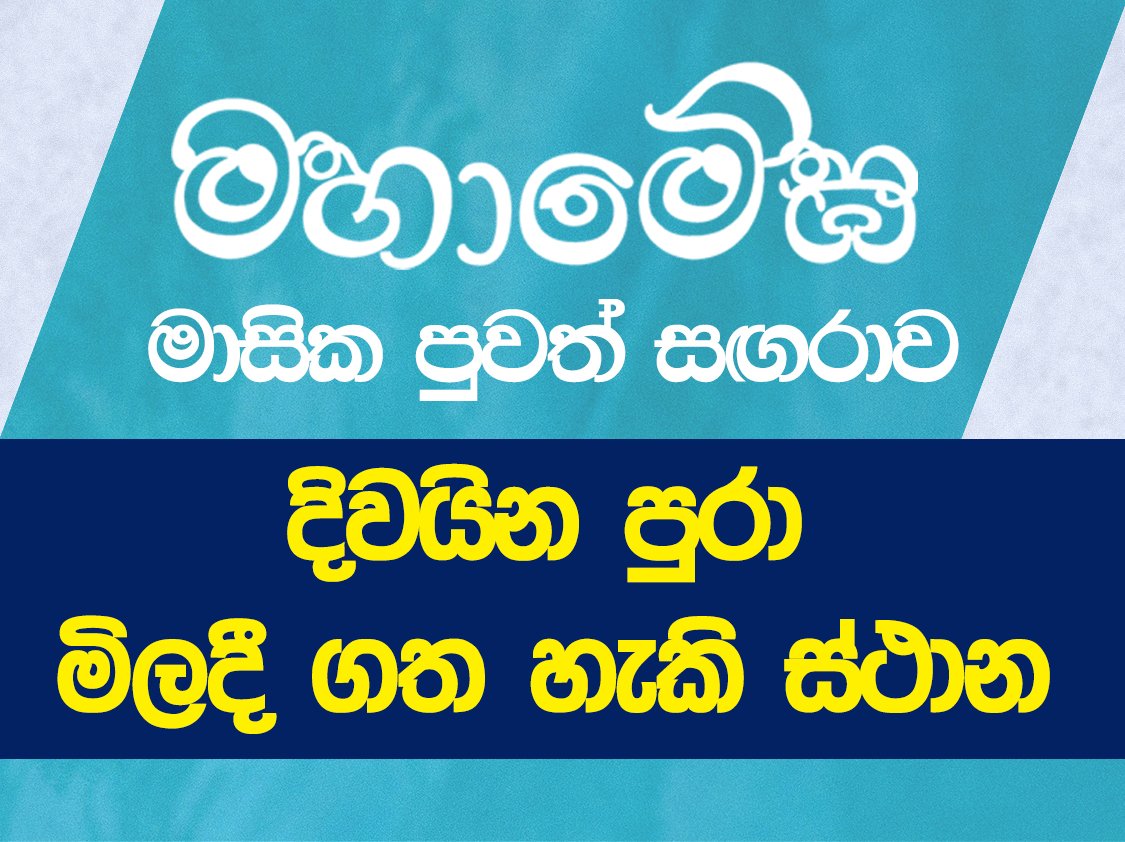Fasting is a religious practice endorsed by Hindus while in the context of Buddhism it is a part of the discipline for Buddhist monks. For millennia fasting has been practiced by ascetics and practitioners of austerities as a way of healing, cleansing, and attaining spiritual development. However, it has never gained the popularity that it currently enjoys today. In 2016, professor Yoshinori Ohsumi, a cellular biologist from Japan won the Noble Prize in physiology and medicine for his discovery of the mechanism of ‘autophagy,’ the metabolic recycling process in which cells consume parts of themselves to survive and stay healthy. The efficiency of autophagy increases during fasting. In other words, cells perform their best to keep you healthy during fasting. With this discovery Japanese scientist Yoshinori Ohsumi has scientifically substantiated fasting as good for one’s health. Since then fasting started receiving the limelight as celebrities and health experts now rave about its benefits. For Buddhists, especially monks, fasting is a part of the spiritual discipline, set forth by the Lord Buddha. More than 2600 years ago, our teacher the Lord Buddha expounded that fasting is good for one’s health.
In the Kīṭāgiri Sutta of the Majjhima Nikāya, the Buddha advises the monks: “Monks, I refrain from a nighttime meal (dinner). As I refrain from a nighttime meal, I experience less illness, less affliction, lightness of body, strength, and a comfortable abiding. Therefore, monks, come now, you too refrain from a nighttime meal. As you refrain from nighttime meals, you too will experience less illness, less affliction, lightness of body, strength, and a comfortable abiding.” Then the monks, being thus advised by the Buddha, agreed. Here, the Buddha is saying that skipping dinner (fasting) will make you stronger and healthier. This is the most crucial point here, and it surprisingly does not agree with what we are used to hearing, or generally hear. We were told that three meals a day is necessary to be strong and healthy. But when the Japanese professor proved with his Noble Prize-winning discovery that abstaining from food, i.e. fasting, is healthy, it took the world by a storm.
Experts from different fields poured in their knowledge and experiences regarding fasting. Dietitians, doctors, world-class athletes, coaches, body builders, gym trainers, and celebrities started gushing about benefits of fasting. They talk about fasting as a method of losing weight, a remedy for obesity, a cure for various illnesses including terminal illnesses such as cancer. So, how is fasting healthy and how can it be a remedy for illnesses? As mentioned above autophagy is the process of using and recycling unnecessary or dysfunctional cellular components—the so-called cellular rubbish which accumulates in cells. The term ‘autophagy’ originates from two Greek roots which mean “self-eating.” Hence, the process of autophagy is like cells eating away cells to produce energy. This process becomes especially intensive when one is under stress, for example, when one fasts. When one fasts, which means when no energy from food is given to cells, they use its internal resources, cells feast on other cells to produce energy, especially cellular rubbish (recycling) including pathogenic bacteria. This is what the Buddha said in Kīṭāgiri Sutta; that when one refrains from nighttime meal, one experiences less illness, less affliction, lightness of body, strength and a comfortable abiding. In the same sutta, the monks led by Assaji and Punabbasuka, also residing at Kīṭāgiri, refused to give up nighttime meal and claimed that they experience the same comforts that are experienced by those who refrain from nighttime meal. At that time the Buddha says that he would not ask to abandon a pleasant feeling unless he has realized with wisdom, seen, known, attained, and touched through discernment that that pleasant feeling gives rise to unwholesome qualities and decreases wholesome qualities. Thus, when the Buddha says something should be abandoned or practiced, there is a reason for that. We need faith to accept his advice wholeheartedly. In this context, the benefits the Buddha stated for abandoning the nighttime meal (fasting), are now breaking boundaries in science.
The modern fasting trend, however, does not emphasize fasting during nighttime. Instead, there are various types of dieting techniques including combinations of fasting and non-fasting, commonly known as time-restricted eating. One such method uses 14 or 16 hour fasting based on one’s personal convenience, meaning one can either skip dinner or breakfast. 4 hour window diet, in which one eats only during 4 hour window and fast for 20 hours, is also very popular among those who are keen on staying healthy.
In Hinduism, fasting is a method of purifying the mind. As a Bodhisatta, the ascetic Siddhartha practiced various methods of fasting; at times forgoing food for days and knew it to be fruitless when practiced to an extreme degree. The Lord Buddha explains in many suttas the purpose of eating for monks. In Rathopama Sutta of the Saṃyutta Nikaya (Saḷāyatanasaṃyutta), the most compassionate Buddha says: ‘And how, monks, is a monk moderate in eating? Here, reflecting wisely, a monk takes food neither for amusement nor for intoxication nor for the sake of physical beauty and attractiveness, but only for the support and maintenance of this body, for ending discomfort, and for assisting the spiritual life, considering: “Thus I shall terminate present hunger and not arouse further hunger, and I shall be healthy and blameless and live in comfort.”’
The Lord Buddha uses a simile of a chariot wheel to explain further. He says just as we grease a wheel of a cart for the smooth running of the wheel, in order to get the work done, we use food to sustain this life to practice the noble path.
Further, all this new scientific evidence about the benefits of fasting and all the excitement about it is limited to maintaining this life, this body; a worldly objective. But when the Lord Buddha set forth a discipline it is not limited just to the betterment of this life, it is also to overcome the suffering of the continuous cycle of rebirth. Therefore, when the Lord Buddha advised monks not to eat after noon and refrain from a nighttime meal, that fasting method is conducive to good health and spiritual development. Therefore we as lay disciples of the Buddha should fast on poya days when observing higher precepts emulating the great arahants with spiritual advancement as the objective. Because few in this world practice fasting to that end. Just as there are only a few who cross the ocean of existence Buddha said there are only a few who refrain from food after the sun reaches its zenith. Even more so when fasting for spiritual progression.
The Japanese Nobel Prize-winner’s discovery shows that abstaining from food and keeping fasts is healthy. For many in the world this may seem as a ‘new revelation’ for us Buddhists it’s as old as the hills. Because we know for a fact that Buddha stated this many millennia ago. Therefore this article is by no means another vain attempt to show that Buddhism agrees with Science or vice-versa as Science cannot hold a candle to the marvelous wisdom of the Buddha.
What we should understand is of all the people in the world how fortunate are we to be the disciples of the Buddha. Hence, let us not let this momentous opportunity to be guided by the sublime teachings of the Buddha pass us without reaping whatever benefit we can from it.
By Prajapati Jayawardena














Recent Comments